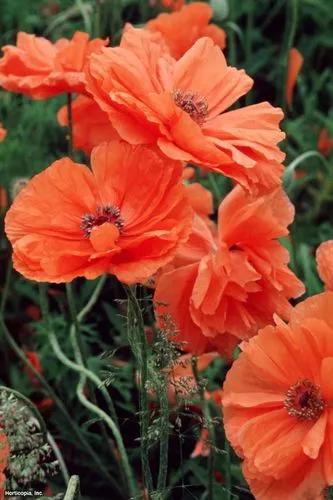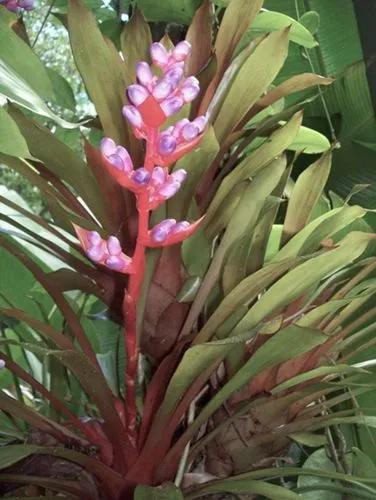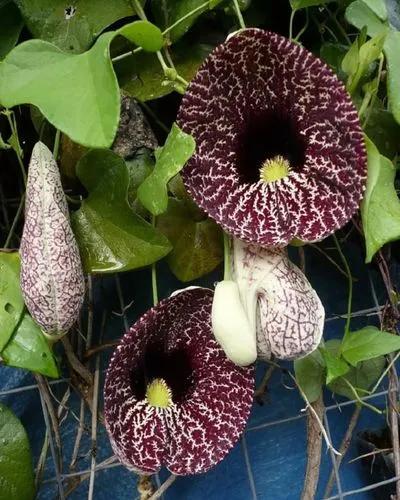Wonderfully scented, Rosa 'Julia Child' is a lovely variety of floribunda rose with abundant clusters of fully double, cupped, buttery-yellow flowers, 4 in. across (10 cm), packed with 35 elegantly ruffled petals. Blooming continuously and profusely from late spring into fall, the luminous blooms emit a delightful licorice-clove fragrance. They stand out against a healthy foliage of glossy, mid-green leaves. Compact and bushy, this rounded, small shrub is terrific for beds and borders, containers and excellent for cutting.
Julia Child Rose Care
Rosa 'julia Child'



How to Care for the Plant

Water

Taking care of the rose Julia Child is pretty straight forward and you can follow typical rose care guidelines. You should make sure that your roses get ample water, but also that they are not growing in soil that is soaking wet for long periods of time. A good rule of thumb is to give them one deep watering each week.

Pruning

Pruning the rose Julia Child should be done in early spring, prior to the leaves forming. Start by removing all the dead wood, along with any canes that look overly discolored. Next, prune back the canes that overlap one another so the leaves do not compete for sun light later on in the season.

Fertilizer

Roses grow more vigorously, bloom more prolifically, and show greater resistance to diseases if fertilized during the growing season. For best results, add a layer of compost or aged manure in early spring around the base of the plant. After the first wave of bloom, apply a bloom-boosting fertilizer (15-30-15). For organic gardeners, we recommend adding a layer of compost or aged manure in early spring and applying an organic fertilizer after the first wave of bloom.

Sunlight

Roses grow best where they receive at least 6 hours of direct sun per day.

Soil

Loamy, sandy, clay, moist but well-drained

Container

Because of their compact size, Julia Child roses are wonderful container plants. Be sure to choose a container with plenty of drainage holes since these plants are sensitive to excessive moisture. Potted roses will need more frequent watering than those in the garden, making adequate drainage very important.

Additional

The Julia Child rose is non-toxic to humans and animals. However, ingesting large amounts can cause an upset stomach or gastrointestinal upset. The rose's thorns may also cause injury to a pet's mouth or paws, so keep animals out of the rose garden!

Popularity

95 people already have this plant 22 people have added this plant to their wishlists
Discover more plants with the list below
Popular articles






